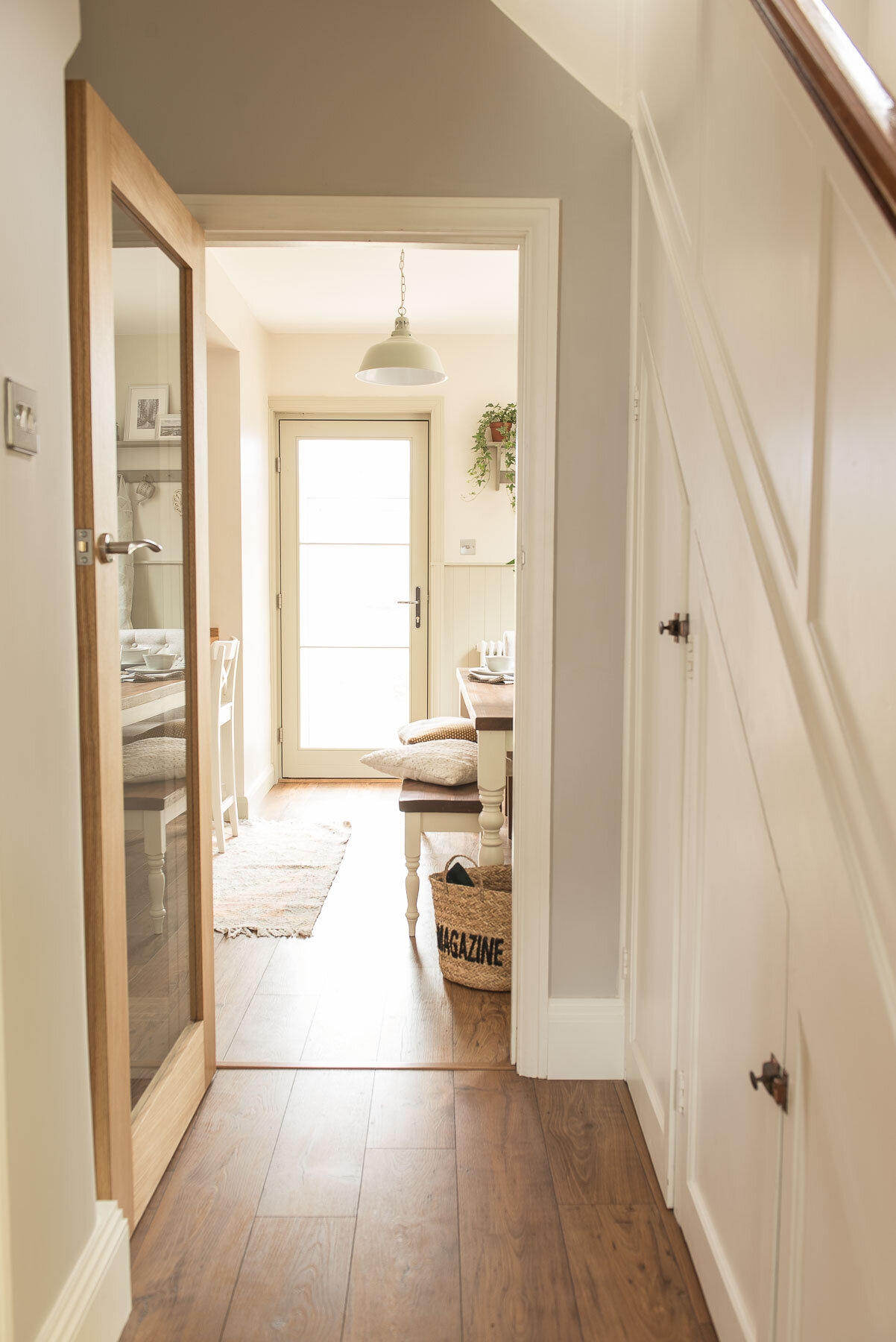Do I need an architect for an extension?
Planning to build an extension and wondering if you can do it alone? If you live in the United Kingdom, you do not necessarily have to get an architect to submit a planning application or to design a building. Before you make the decision of building without an architect, here are a few points you might want to consider.
The advantages of using an architect
An architect is a qualified professional whose job is to help you plan, design, and manage a project. As we mention, they are not legally required in the UK but can be very helpful in the following situations:
If you don’t have a clear idea of what you want, an architect could really push the design of your extension into unknown territory as well as optimize the space you already have. They are trained to think outside the box and could design something you couldn’t think of yourself. An architect might even find that you don’t even need an extension by utilising the space you already have better.
If your house is listed or somewhat historically interesting, architects are experts at enhancing interesting design features without doing a pastiche. They will know the best ways to get sensitive projects through planning, especially if they are already familiar with your local council
If your project requires several different professionals for technical reasons - for example if you’re planning to dig a basement - then architects are excellent at putting together all the information and managing building teams. For example hiring an architect can save you the trouble of trying to put together two different engineers’ drawings.
If you’re hoping to build using sustainable methods, architects who specialise in green architecture will know how to push your project further and use the best materials for your extension.
Can I use an architect for just parts of the project?
It is important to remember you do not need to hire an architect for the entire project, they could be as involved as you want them to be. For example, you can decide to use an architect at the beginning to help you figure out the big design ideas and space but manage the construction phase of the project yourself in order to save money.
During the pre-planning phase, an architect might be useful helping you understand what you want and can do. In this stage an architect is only useful if you're not sure on what you want and feel like you need guidance. Instead if you have a clear path already, you could skip the architect and use one of the alternative below.
During the tender phase, when trying to find a builder, an architect will not only be useful to put together the necessary drawings and documents, but they might also know some reliable contractors making the process easier. Again, however, an engineer or an experience technician would be able to guide you in a similar way.
Finally during the construction phase, an architect can act as a neutral party standing between you and your contractor. They will be able to inspect the work and know where to buy the materials and products necessary for your construction. Doing this part alone is entirely possible but it is the most time consuming phase of the project.
What are the alternatives?
Typically, an architect’s fee will be around 8-12% of the project fee. If you want to reduce your spending, you could consider some of the following alternatives.
Build and design companies
Some building businesses have their own in house-designers and builders and thus can offer full package deals in which one company takes care of everything from conception to completion. This can be a very attractive solution as you would only have one point of contact for the entire project as well as having price certainty earlier in the process. However, the “design and build method” usually ends up limiting your ability to change your mind later in the process. This is not necessarily that much of a cheaper option as the building company would still charge you design fees but it could simplify your life.
Architecture students
In the UK, it takes a minimum seven years to become a fully qualified architect. Until then, architecture students offer various degrees of expertise and can help you develop your design for a fraction of the price. They are usually eager to gain autonomous experience and have all the tools to help you but can lack experience. They can be a savvy alternative if you already have some idea of what you want. However, keep in mind that as architects students don’t tend to hold Indemnity insurance, you cannot use their drawings for construction, meaning your builder would have to accept to take on the responsibility themselves which would be reflected in their price.
Architectural designers/technologist
Architectural designer is a broad term that typically refers to someone who is involved in the design process of a building but isn’t as qualified as an architect. Similarly to architecture student they can be a great way to save money, for specific tasks for example to make surveyed drawings of your existing property, or make planning drawings based on your design, but are perhaps not best suited to help you on a project from start to finish. Their price will vary depending on their experience but they tend to be cheaper than an architect and can be just as useful for small extension projects.
Structural Engineers
If you feel like you already know exactly what you want but just need some technical expertise to guide you, you could consider doing all the design work yourself and hiring a structural engineer to help you. Some companies offer building regulation services but you would have to get planning (if you need it) all by yourself. Structural engineers can also offer to manage the construction phase.
Can I do it alone?
Depending on the complexity and size of your extension you probably could do it on your own although it is very likely you would need some help - whether you choose an architect or another alternative is entirely up to you! All you need is a drawing software for the architect plans and a lot of time.
Designing your own extension can be very exciting and rewarding if you get it right. Maximise your chances of success by joining the next enrolment of our online renovation course!



